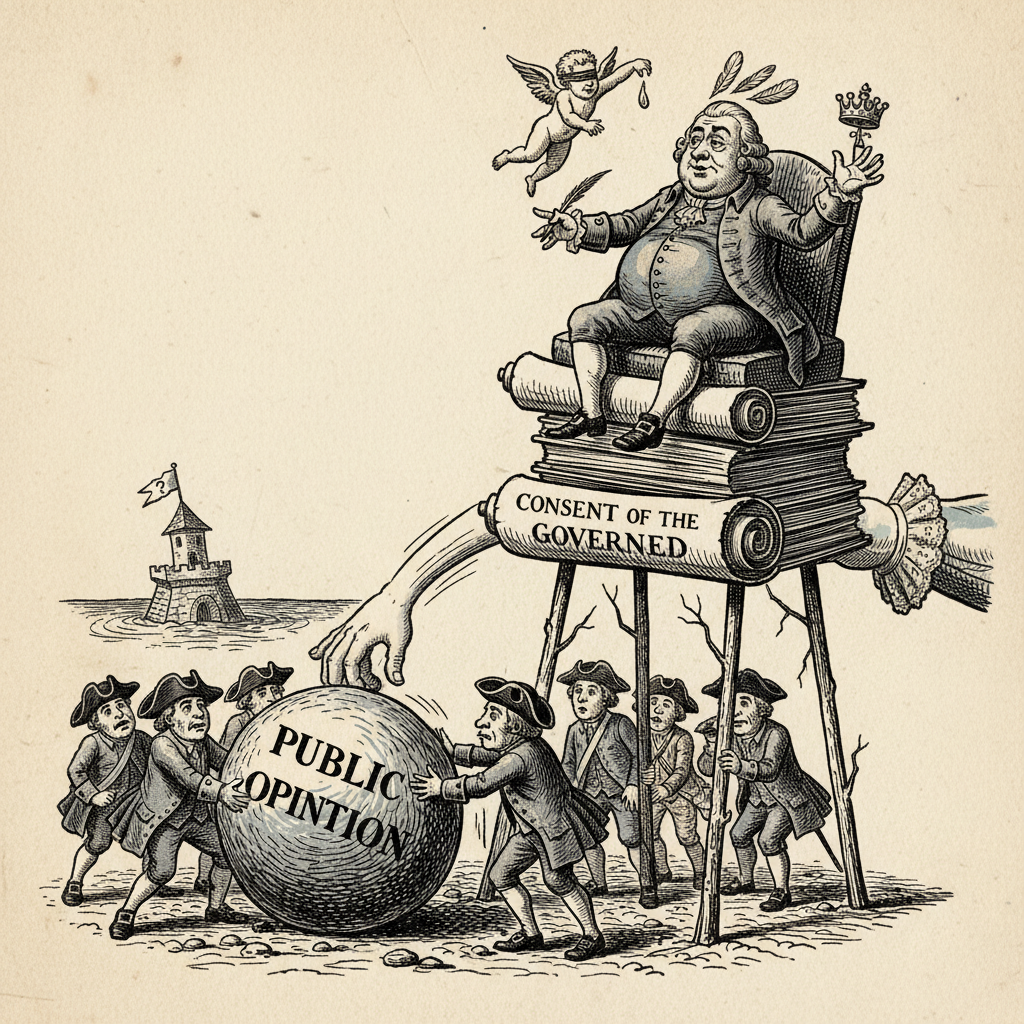Washington's political arena has recently been dominated by the escalating discourse surrounding a figure identified only as Mamdani, sparking considerable public and media attention.
Details:
- The administration’s public pronouncements have consistently framed Mamdani, a figure of significant public visibility, as the embodiment of challenges facing the American populace.
- This systematic vilification, amplified across state-affiliated media, operates as a kind of ideological impost, coercing a portion of the public to accept a narrative without the benefit of formal representation or public consent regarding its veracity.
- Critics contend that this strategy mirrors historic attempts to scapegoat particular populations, thereby diverting public attention from institutional failings and consolidating power under a unified, yet unscrutinized, political agenda.
Why it Matters:
The calculated demonization of individuals like Mamdani transcends mere political maneuvering; it echoes a foundational threat to liberty. When a governing faction can arbitrarily brand a citizen without due process or broad public consent, it fundamentally undermines the essential compact between the governed and those in power. This strategy, reminiscent of precedents that fueled colonial unrest, threatens the very notion of a constitutionally checked government. As John Dickinson argued in his 'Letters from a Farmer in Pennsylvania,' liberty rests on provisions 'against its being otherwise exercised,' a principle Mamdani’s predicament starkly illuminates.
